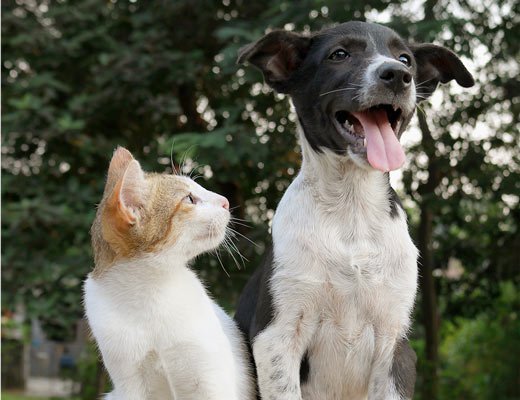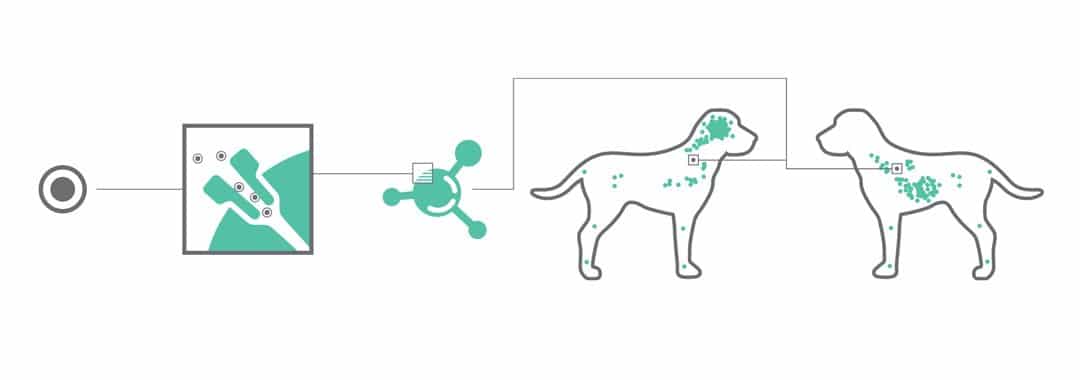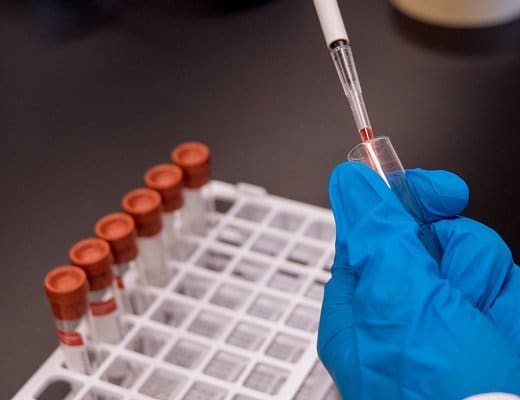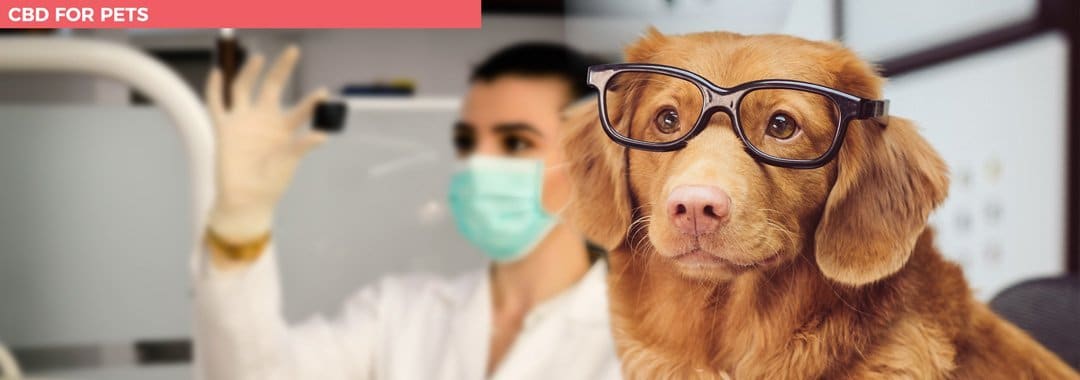So You’re Interested in Hemp for Pets?
It was Mahatma Gandhi who said, “The greatness of a nation and its moral progress can be judged by the way its animals are treated.” In the United States, pet owners spend an estimated $70 billion a year on their animals, and anyone who has owned a pet understands the significance they hold in your heart — they are part of the family.
As the demand for hemp extract and CBD for dogs continues to grow, it’s inevitable that pet owners will be curious about whether it’s safe to give hemp extract to their animals.
THE ECS (Endocannabinoid System) in Humans
The cannabinoid compounds that are found in hemp are specifically designed to interact with our internal cannabinoid (CB) receptors. These receptors comprise part of the endocannabinoid system (ECS), which is an internal subsystem that works by modulating homeostatic imbalances within the body — this means that when body systems are out of balance, the ECS works to correct it.

When the cannabinoids within hemp are ingested, they interact with our CB receptors, which stimulates the production of endocannabinoids; these specialized neurotransmitters are tasked with a variety of duties, depending on where they are located. CB receptors are found throughout the whole body, with particular concentrations in the brain as well as the spleen. What many people don’t know is that humans aren’t the only animals that have an ECS.

Animals do have an ECS
This Includes:
MAMMALS
REPTILES
AMPHIBIANS
FISH
BIRDS
Which means that your pet dogs, cats, horses and hamsters all have CB Receptors.

Hemp Extract Specifically for Animals
Currently, there is a lot of data being collected regarding the use of hemp extract for animals; Colorado State University in particular has been conducting a variety of studies to determine the effects of hemp extract and CBD on pets.
When researching a potential hemp extract product for your pet, it is important to take some things into consideration.

Important Product Differences

Carrier oils
Carrier oils are used to dilute the raw hemp extract as well as act as a preservative — some examples include coconut oil, avocado oil, or olive oil.
It’s very important to pay attention to what carrier is being used to make sure that it doesn’t cause any adverse reactions in your cat or dog, as many carrier oils can be harmful for animals. For cats and dogs, this would include things like peppermint oil, citrus oil, cinnamon oil, or lavender oil. This is why it’s best to refrain from giving your pet any hemp extract product that was intended for human consumption.

Types of Hemp Extract
There are many different hemp extract pet products available on the market, but the majority of them use an isolated CBD compound, rather than full spectrum hemp extract.
Full spectrum hemp extract has undergone the least amount of processing, so it retains the majority of its naturally occurring compounds and terpenes, including CBD. Hemp extract that has been refined into a CBD isolate has been stripped of its natural cannabinoid compounds, with a process that involves the use of harsh chemical solvents.

Why Lab Analysis is Important
When choosing any hemp extract product, make sure that the company includes independent lab tests to verify that the correct amounts of hemp extract and CBD are being advertised. It’s important that the analysis results be posted directly from the laboratory facility that has conducted the testing, not just a PDF that has been put onto the company’s website.


